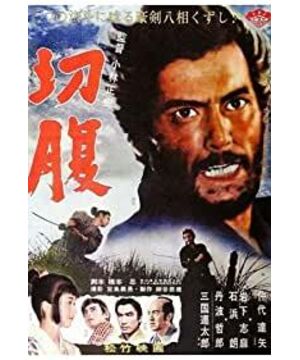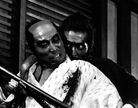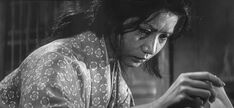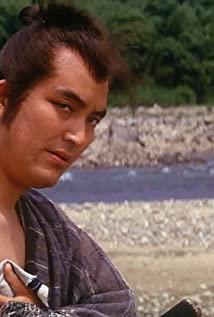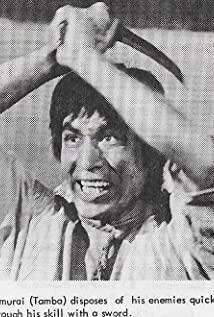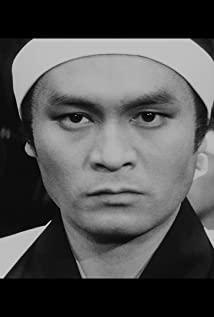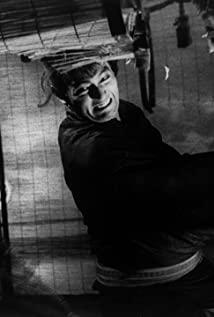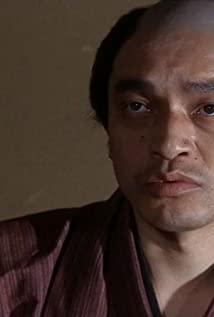There are a lot of details that are really good, and I won't go into it here, too many. Just a little insight, but also based on my shallow life experience. After watching the whole film, the biggest insight is the sea of life. It's not that I'm pretending to be mysterious, it's true that these four words came to my mouth for some unknown reason. Then there is sadness, the first half is tragic, and the second half is tragic. I won't repeat the content. Of course, what you said is reasonable. Jin Yun did use his life to explain a truth to the warriors in the courtyard, "the fate of others today is the portrayal of myself tomorrow." The layer is actually mocking, mocking the fake samurai, but in fact he is just sticking gold on his face, and also mocking at begging a woman to use a bamboo knife, but his hair knots are cut off and he is pretending to be sick at home. The other layer is actually advice, because it is not denied that there are warriors of true pure faith in the courtyard, but these warriors like Jinyun are even more pathetic. Building your own destiny on others is like a building built on sand, illusory and ethereal. Personal beliefs and persistence are not worth mentioning in the face of the general trend of the times. This is the most tragic place, and the most cruel place to me. The so-called life is a sea, fate is impermanent, and if it is cold, it is powerless, nothing can be changed, nothing can be saved, even with the most noble character, the most The spirit of advocating is still like an ant, not afraid of death but difficult to live. Said to beg for a daughter, his father taught him the glory of Bushido with his life, he lived very strong, but in front of his wife and daughter, in front of poverty, he sold his most important sword, the soul of a samurai, and then did The most despised thing, cheating. The joy when he thought he was reused, the humiliation when he was exposed, the madness and remorse when he begged to go home to arrange the funeral, the pain when the bamboo knife slashed his belly, I don't know what he was thinking at the last moment of his life. The incompetence of being a husband and a father, and the shame of betraying Bushido, but what makes me sad is that he may not have any doubts about the Bushido that he believes in at the last moment. The most ironic thing is that he teaches the Four Books and Five Classics part-time... Besides Jinyun , he had the glory of being a real warrior, and he was quite a famous ronin, so he lived a very proud life. He would never sell a daughter for glory, and would always teach his grandsons to be strong. Such a person is still powerless under the pressure of history. , The family was ruined, starved and cold, I believe it was at this moment that he realized his enlightenment, went to TM's Bushido, angry, but he didn't know who to turn his anger towards, so he died, but when he went to hell, he wanted to give his son-in-law Bring something, he hopes to use his own death in exchange for the repentance of the Ii family, just hope they apologize, or even just hope that they will reflect on their rashness As a matter of fact, even such a humble idea could not get feedback, so his hysterical sword-wielding battle must have a place to vent. The most mocking place is again, the dignified Bushido family, in the end, he had to rely on muskets to end the life of the enemy. It turned out that what was buried under the so-called glorious history was all blood and tears, all the darkness, falsehood, and indifference that could eat people without spitting out bones. At the end of Lu Xun's sentence: I turned to the history and checked it. This history has no chronology, and the words "benevolence, righteousness and morality" are written on each slanted leaf. I couldn't sleep horizontally and vertically. After reading it carefully in the middle of the night, I could see the words from the cracks. The two words "eat people" were written all over the book!
View more about Hara-Kiri reviews


